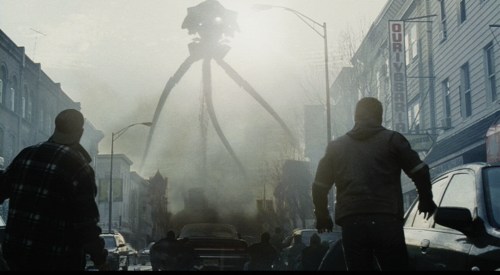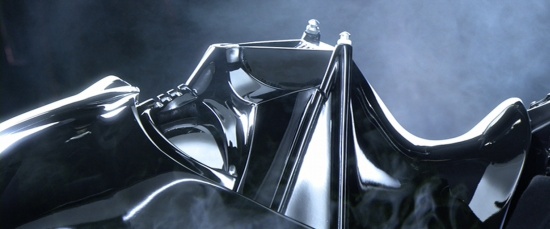War of the Worlds (Steven Spielberg, 2005)
It’s sort of amazing, really, that Steven Spielberg is still top of the Hollywood tree. Given the constant upping of the ante since his Jaws (along with Star Wars) basically invented the modern Hollywood blockbuster, you would think he might have fallen by the wayside. Yet with War of the Worlds he once again steps up to the plate and shows just why he continues to lead the pack of A-list directors. War of the Worlds is his take on familiar material: not only has H.G. Wells’ novel been filmed before (in a George Pal-produced 1953 version), but it was the source material for Orson Welles’ infamous radio broadcast that spooked America in 1938. And, of course, it was the unofficial jumping off point for Roland Emmerich’s Independence Day in 1996. It is a perfect choice of project for Spielberg, forming as it does a companion piece with his classic tale of benevolent aliens, Close Encounters of the Third Kind. If that film was kind of a sixties hangover, with its stirring finale of intergalactic peace, love, and harmony, then War of the Worlds is the grim, bitter and bleak counterpoint. It’s an extremely well made and effective film, but a feel-good thrill ride it certainly is not.

